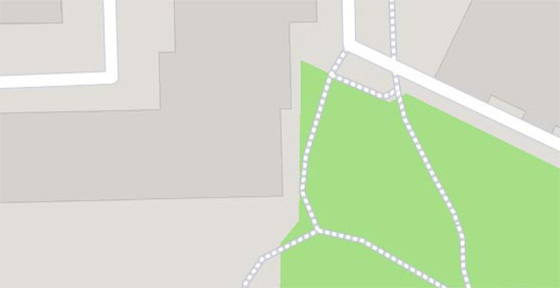The Casal de 'Pazzi Museum presents part of a preserved ancient riverbed, dated about 200,000 years ago. The four-meter-long tusks of an ancient elephant, tools of the Paleolithic man and unique paleontological specimens allow us to imagine the prehistoric landscape of a modern modern city. Visiting is diversified by virtual reconstructions, thanks to which one can 'immerse' in the Pleistocene world.
Casal de 'Pazzi was discovered in 1981 during urban development in the densely populated district of Rebibbia. The unveiling of an ancient elephant's tusk was the reason for conducting a series of archaeological excavations on the area of over 1200 m2. Over 2,000 fossils of animals not found in Italy such as a hippopotamus or rhinoceros have been found in the deposit. The uncovered skull fragment and over 1,500 stone artifacts also confirmed the presence of man.
A Pleistocene garden was recreated around the museum. The nature trail along the Aniene River shows the flora that characterizes its shores about 200,000 years ago.
Attractions inside




